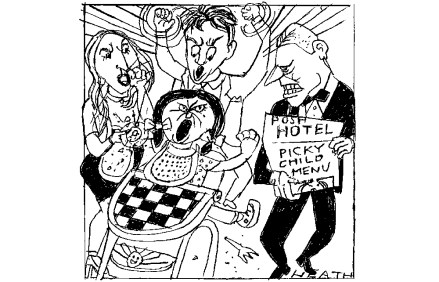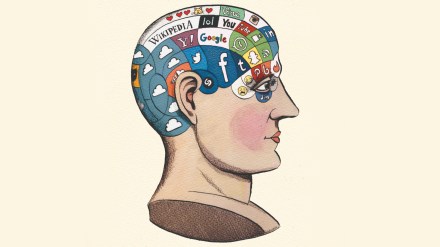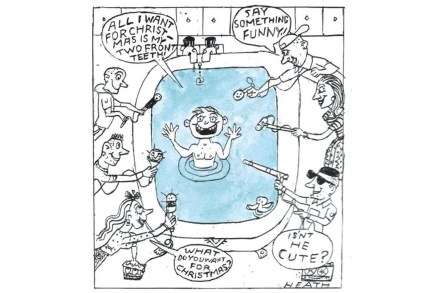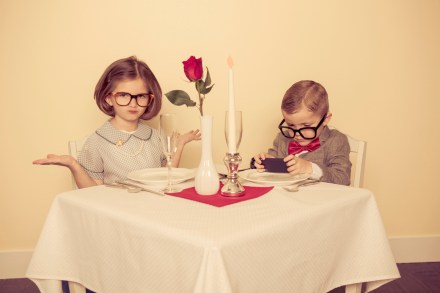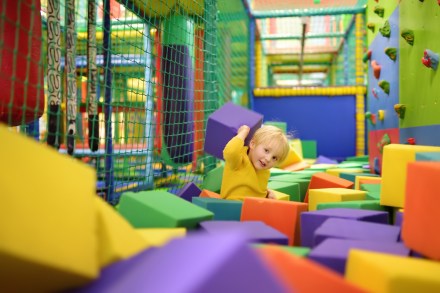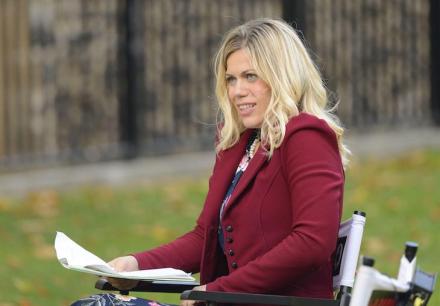Letters: we have let down white, working-class boys
The lost boys Sir: The only statement in your powerful leading article (‘Boy trouble’, 17 August) which can be challenged is that ‘the plight of poor white boys is a new burning injustice’. It is certainly not ‘new’. Even 40 years ago when the Inner London Education Authority (ILEA) produced policies designed to counter inequality affecting girls, it was obvious that the problem was no less serious for white working-class boys. But the subject was highjacked by those obsessing about girls, with the results described in your article 40 years later. During the hijacking (for which he was not responsible), ILEA’s former leader Sir Ashley Bramall said to me: ‘Perhaps











